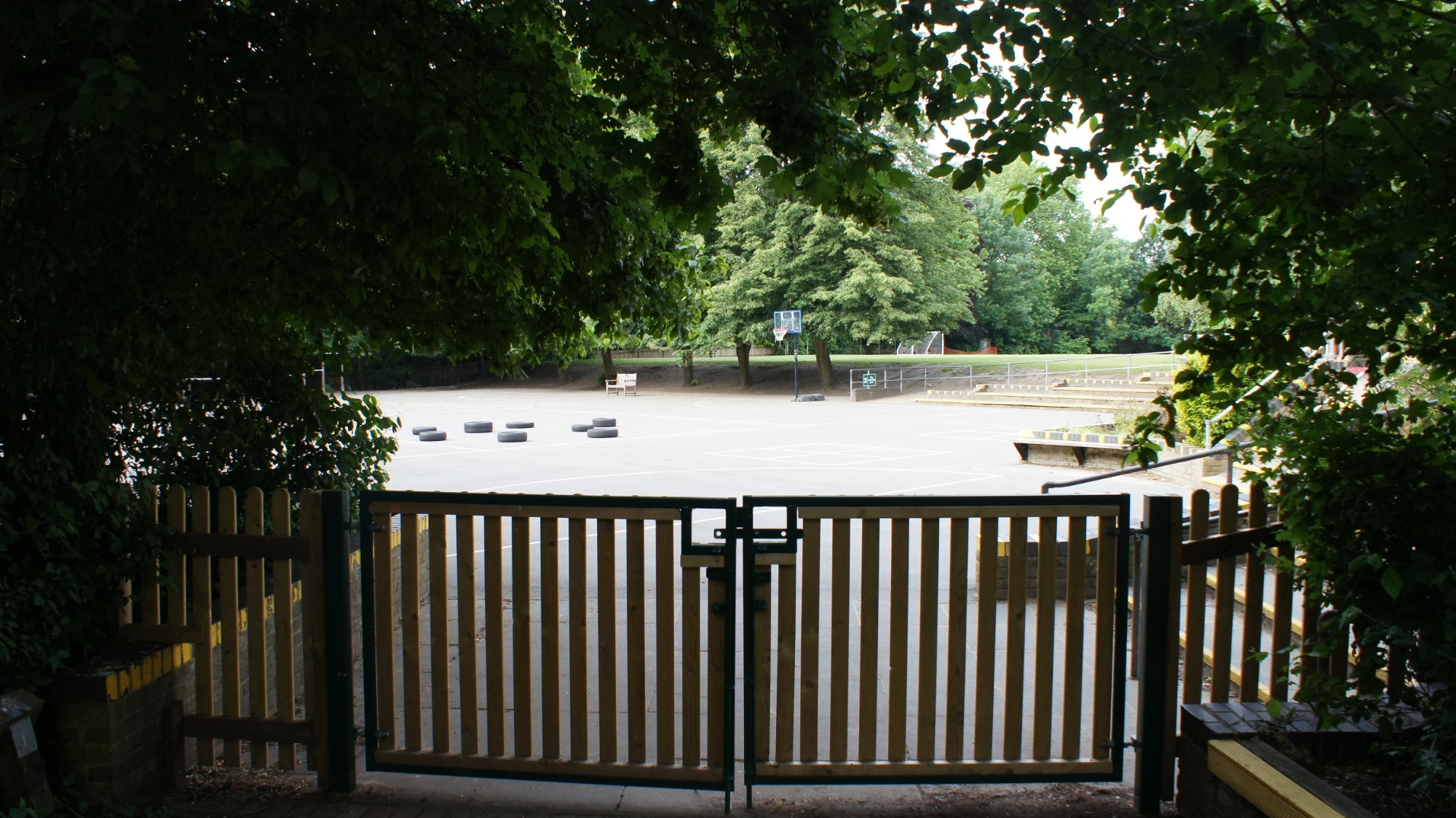PPG Funding 2020-21
For 2020-2021, we have pupils who qualify for the pupil premium grant in the following two categories:
- Ever 6 - these are pupils detailed in the January 2020 school census as having had a recorded period of free schools meals (FSM) eligibility since May 2014, as well as those first recorded as eligible at January 2020.
The allocation is £1,345 per pupil for each Ever 6 FSM FTE pupil aged 4 and over in year groups Reception to year 6, except where the pupil is allocated the Looked After Children (LAC) or post-LAC premium
- Post-Looked After Children - these are pupils identified in the January 2020 school census as having left local authority care as a result of:
- adoption or a special guardianship order
- a child arrangements order (previously known as a residence order)
- who has been in local authority care for 1 day or more
- recorded as both eligible for FSM in the last 6 years and as being looked after (or as having left local authority care)
The allocation is £2,345 per pupil
Service premium
The service premium is not part of the pupil premium as the rules to attract the service premium are different.
Schools get £310 for every pupil with a parent who:
- is serving in HM Forces
- has retired on a pension from the Ministry of Defence
This funding is to help with pastoral support.
For 2021, per pupil funding rates will be the same as in 2020.
At the moment, we have no children who are looked after by the local authority or any children who are from a service family.
We, together with many other schools, make informed use of this funding following careful analysis of the particular needs of the children in our school who are eligible for the pupil premium grant (PPG). We also pay attention to the good practice guidance published by the Department of Education where impact of the funding nationally is regularly reviewed.
We also allocate part of this funding, when necessary, to provide additional support to pupils and parents where there the family has an attached social worker. This is a Government approved use of the grant.
Our aim is to focus support through these financial resources on particular areas, in order to ensure that attainment gaps and holistic outcomes for pupils are being constantly and effectively addressed.
We have very low numbers nationally of children who are in receipt of this grant, which is a reflection of our demographic.
Nationally, 28.5% of pupils in school are eligible for PPG and at The Vineyard the current percentage is 7 %
The Vineyard School’s Pupil Premium strategy 2020-2021.
- Delivery of the Children’s Wellbeing Practitioner service –this provision for parents to support their children has proved efficacious and popular. We consider a continuation of this service, which is a free provision for all PPG families, to be beneficial to both children’s wellbeing and family engagement. Progress and positive approaches in these areas link to greater progress and attainment overall.
- Increased provision of educational psychology time to enable educational needs and outcomes to be scrutinised in terms of potential and challenges
- Participation in the Attachment Aware Schools Award, which is run by the Virtual School. This will involve informing and enabling the school community to better support pupils with attachment difficulties and have experience of early life trauma
- Provision of uniform grants
- Financial support for trips and visits. Support to attend the Year 6 residential
- Priority access for inclusion in academic interventions where necessary
- Free or subsidised access to a range of extra-curricular provision
- Some funding for wrap around care to support punctuality and attendance
- Release staff to support attendance at activities and experiences offered by the wider community to pupils in receipt of PPG
- Funding for holiday club provision
These spending decisions have been made in line with research evidence of current good practice in impacting outcomes for disadvantaged pupils. More information on this can be found here https://educationendowmentfoundation.org.uk/evidence-summaries/teaching-learning-toolkit
The impact of the funding decisions will be measured in both summative and formative ways:
- Data n both pupils’ attainment and progress will be monitored termly and reviewed overall at the end of the academic year. A new assessment approach that the school has adopted, will also be considered in terms of access for PPG pupils.
- Data n punctuality will be reviewed termly; where pupils are particularly at risk of poor punctuality, individualised approaches and responses will be implemented, together with more frequent monitoring. The intended outcome is that the frequency of late attendance for pupils eligible for PPG funding will be more in line with figures for all pupils.
- Jint working between home and school in both academic and holistic areas, will be monitored
- The impact f the training on attachment approaches and emotion coaching, on the whole staff team and the wellbeing of all children, specifically those in receipt of PPG.
- Decrease in incidents f challenging behaviour and /or time away from class for pupils eligible for PPG funding
- Engagement and attendance f key families at school information and consultation events, as well as targeted meetings such as SEND meetings, where relevant.
The aims and impact of this report will be evaluated in the summer of 2020, which will inform the strategy for 2021-2022.
The school adopts a flexible, needs-led approach to the setting of the Pupil Premium strategy and where new priorities emerge, the school will always seek to respond effectively.


